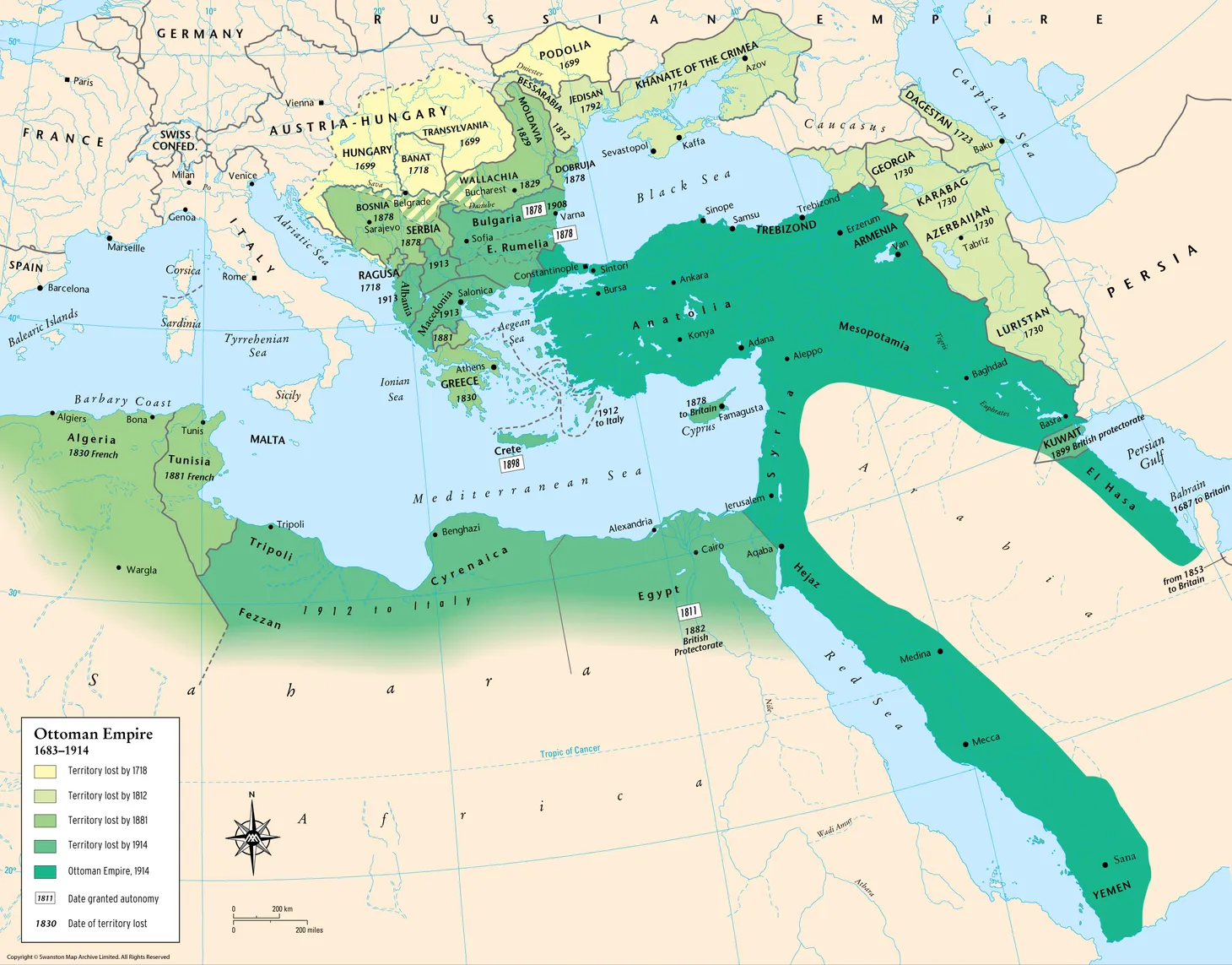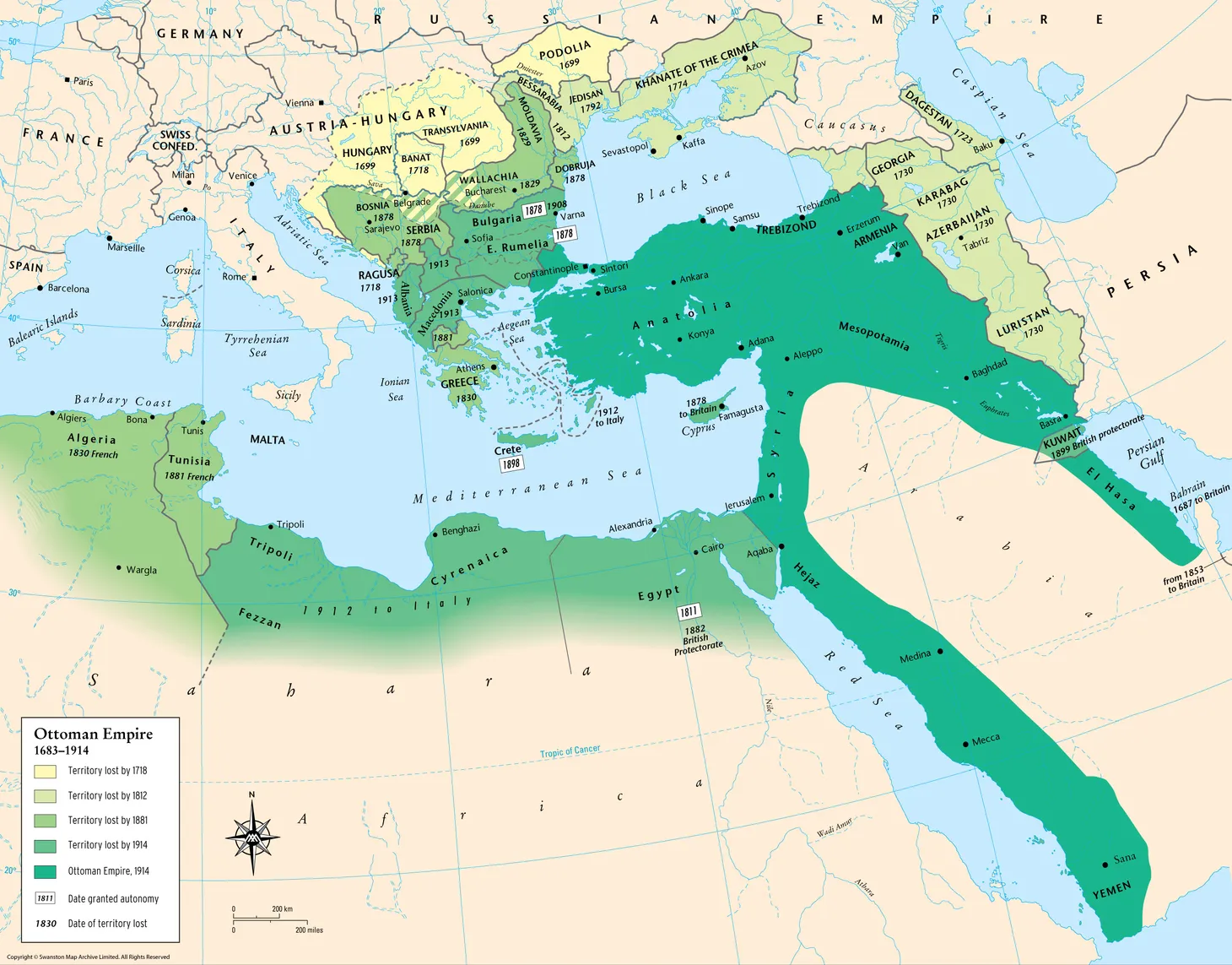Middle East
Healing the Sick Man of Europe
If the Ottoman Empire in the sixteenth and seventeenth centuries was going through a period of transformation, rather than beginning a 400-year decline, it would seem that the Empire, which collapsed in 1922, had to be declining in the eighteenth and nineteenth centuries. While it’s true that the Empire

Globalizing the Renaissance
About ten years ago, I developed a lesson on “Placing the Renaissance in a Global Setting.” The lesson can still be found on the AP World History Teacher Community, although you need to have an account to access it. The lesson was partially a response to an earlier discussion on

When the End of Growth is not the Beginning of Decline
If the myth of isolation is one of the main consequences of Eurocentrism for how we think about the history of East Asia, Eurocentric approaches to the history of the Ottoman Empire have encouraged us to begin to see its actual end in 1922 long before it occurred. A quick

Explanations, Conjunctures, and Teaching about the Islamic State
“Explanations exist; they have existed for all time; there is always a well-known solution to every human problem — neat, plausible, and wrong.” — H.L. Mencken in “The Divine Afflatus” in New York Evening Mail (16 November 1917) Recently it’s been almost impossible to look at a newspaper, watch a
